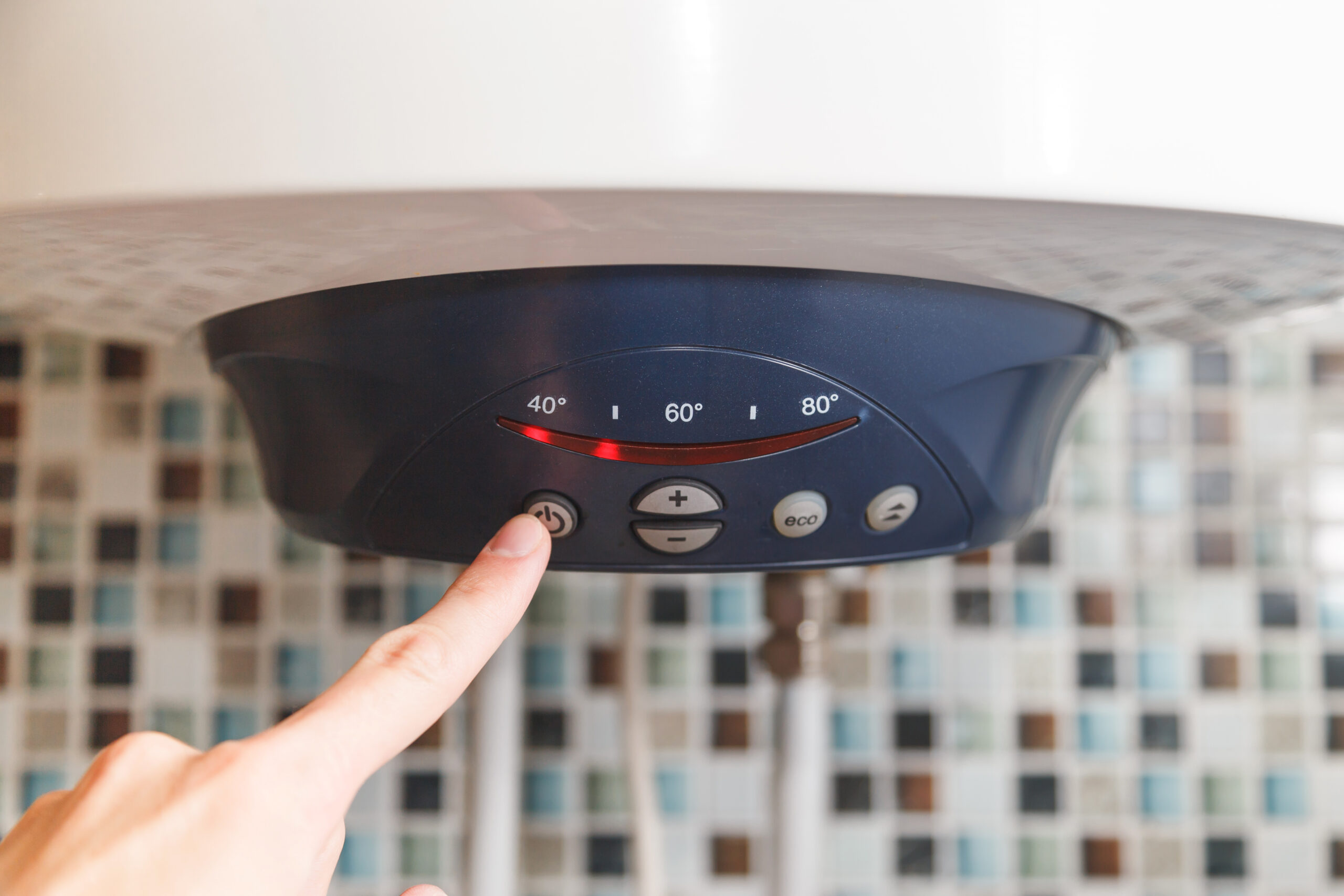Boiler Servicing and Potentially Buying A New Boiler

Switch off an electric boiler.
The general condition of a boiler is easy to overlook for many households, but proper care and maintenance are extremely important. As issues aren’t usually spotted until it’s too late and can prove to be costly, getting your unit serviced is certainly going to be a worthwhile idea.
The facts of boiler servicing
Whether your boiler is an older or newer model, servicing can be equally as crucial. The general lifespan is 10-15 years, so you may be able to get an idea of the current condition of yours judging by its age (if it’s old, a replacement may be in order, you can read more about the costs associated with doing just that here). You can expect a decline in functionality as your boiler ages, as you can with any appliance, but servicing will ensure better performance for longer. Did you know that many boiler manufacturers state that warranties can be void if you don’t have your unit regularly serviced (at least once a year)? This makes it even more important to get checks carried out if you want to ensure continued cover.
What will a Gas Safe registered engineer do?
A Gas Safe registered engineer is the only person that is legally allowed to remove the cover of your boiler. Try to have the manufacturers’ instructions for your make/model to hand when they arrive for servicing (this isn’t imperative, but could make the process run more smoothly).
You won’t need to be present for the service procedure and it will involve:
- Turning the boiler on briefly for general operational checks
- The electrical supply will be disconnected
- Removing the boiler case for visual inspection, which will cover both internal and external components
- If you have the manufacturers’ instructions, a general clean will be carried out
- The electrical supply will be reconnected
- The boiler’s gas burner pressure will be tested, the boiler’s flames, a flue-gas-analysis test and a gas-rate check
- Any combustion analysis test points will be replaced, and seals checked, and then the cover will be properly reinstated
- An assessment of the ventilation requirements and if these are being met
- An assessment of the boiler flue (including the full length and point of termination), as well as a flow and spillage test for open-flue appliances
- A general leakage test for gas
- A final check of operation
If the engineer finds anything of concern, they should be able to carry out minor fixes, or will make a Benchmark report and referral for another professional to come out and make any necessary repairs. You can request the paperwork regarding the check but may be given them as protocol anyway.
You may find that once servicing is complete, you’d like to upgrade or replace your boiler entirely, especially if there are major issues or you’d prefer a more efficient or eco-friendly model. This boilerguide has been compiled to contain everything you need to know, but don’t hesitate to speak with the engineer for advice if you have any concerns or questions regarding the functionality of newer models.
